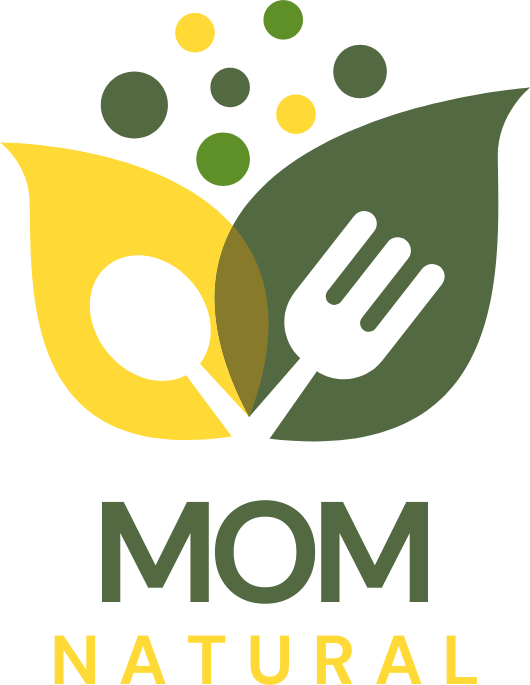Managing Baby Allergies with Safe Food Practices
Allergies can be particularly challenging in babies. It may feel like a daunting task to identify and manage these allergies while ensuring your little one gets the nutrition they need. Thankfully, it is possible to navigate the food allergy landscape successfully and we’re here to guide you in managing baby allergies with safe food practices.
Understanding Baby Allergies
A food allergy in your baby can manifest in many ways. Symptoms can range from mild such as hives or an upset stomach, to severe like difficulty breathing, all of which can be quite worrying. According to Children’s Hospital Los Angeles, some common food allergens for babies include cow’s milk, eggs, peanuts, and tree nuts.
To ensure effective management of your baby’s allergies, it’s important to first understand the nature and severity of the allergies. Professional advice from health practitioners can be invaluable. The NHS offers detailed guidance on identifying and managing food allergies in young children.
Introducing Safe Foods
When it comes to introducing safe foods to your baby, the ‘four-day wait rule’ is often recommended. This essentially means that you should wait four days between introducing each new food. This will give you ample time to observe any potential allergic reactions. Be sure to start with single-ingredient foods and gradually move on to mixtures and more complex meals. The Australian Society of Clinical Immunology and Allergy provides a useful guide on how to introduce solid foods to babies, which can be a helpful resource.
Safe first foods can include pureed fruits and vegetables, grains such as rice cereal, and allergen-free protein sources such as legumes. You can find ideas for nutritious and allergen-free dishes in our blog about toddler lunches.
Allergy-Friendly Recipes: Some Meal Ideas to Consider
Here are some allergy-friendly recipes that are not only safe for your baby, but also delicious and packed with the essential nutrients they need for their growth and development:
- Quinoa and vegetable puree: Quinoa is a wonderful source of protein and is also known for its anti-inflammatory properties. Combine cooked quinoa with pureed vegetables for a nutritious meal.
- Avocado and banana mash: Both avocado and banana are known for their numerous health benefits. This simple mash requires no cooking and is perfect for babies.
You can also get creative with the healthy snacks we keep on hand for our toddler. These are easy to make, nutritious and can be customised according to your baby’s taste and allergy requirements.
Managing Food Allergies When Eating Out
It’s not just at home that you need to be vigilant about your baby’s food allergies. Eating out can also pose challenges. If you’re in a restaurant, always inform the staff about your child’s allergies so that they can suggest suitable options or make necessary modifications. It’s also a good idea to carry allergy-safe snacks or meals to ensure your little one doesn’t go hungry if appropriate food isn’t available. Allergy UK offers some valuable advice on eating out with children who have food allergies.
Managing Cross Contamination
Managing food allergies in babies isn’t just about avoiding the allergens. It’s also important to be aware of cross-contamination. This occurs when a safe food comes into contact with an allergen. For instance, using the same knife to cut both an allergenic food and an allergy-free food can create the potential for cross-contamination.
It’s crucial to maintain separate utensils and prep areas for foods your baby is allergic to, and make sure to clean things thoroughly after use. For more tips on avoiding cross-contamination, check out this informative article from Food Allergy Research & Education.
Introducing Potential Allergens
Although it might seem counterintuitive, the current guidance from pediatricians and allergists is to begin introducing allergenic foods early into a baby’s diet. This includes foods such as peanuts, eggs, and milk. By gradually introducing these foods, you might help your baby’s immune system get familiar with them and reduce the risk of an allergic reaction.
However, it is still important not to rush this process. Each new food should be introduced one at a time and in small amounts. It’s crucial to monitor your baby for any signs of a reaction afterward. For more information on this, you may refer to WebMD’s guide on introducing new foods to babies.
Managing Emergency Situations
In instances when the child is accidentally exposed to a food allergen and has a serious reaction (anaphylaxis), it is critical to know what to do. Familiarisation with the Epipen or other auto-injectors, along with immediate professional medical help, is essential in case of severe allergic reactions. Children’s Health provides useful guidance on handling such emergencies.
Managing baby allergies can be daunting, but with care, diligence, and the right guidance, you can ensure your child thrives despite their allergies.
Remember that managing food allergies isn’t just about avoidance, but also about instilling good food habits, being prepared for emergencies, and teaching your child to manage their allergies effectively as they grow.

